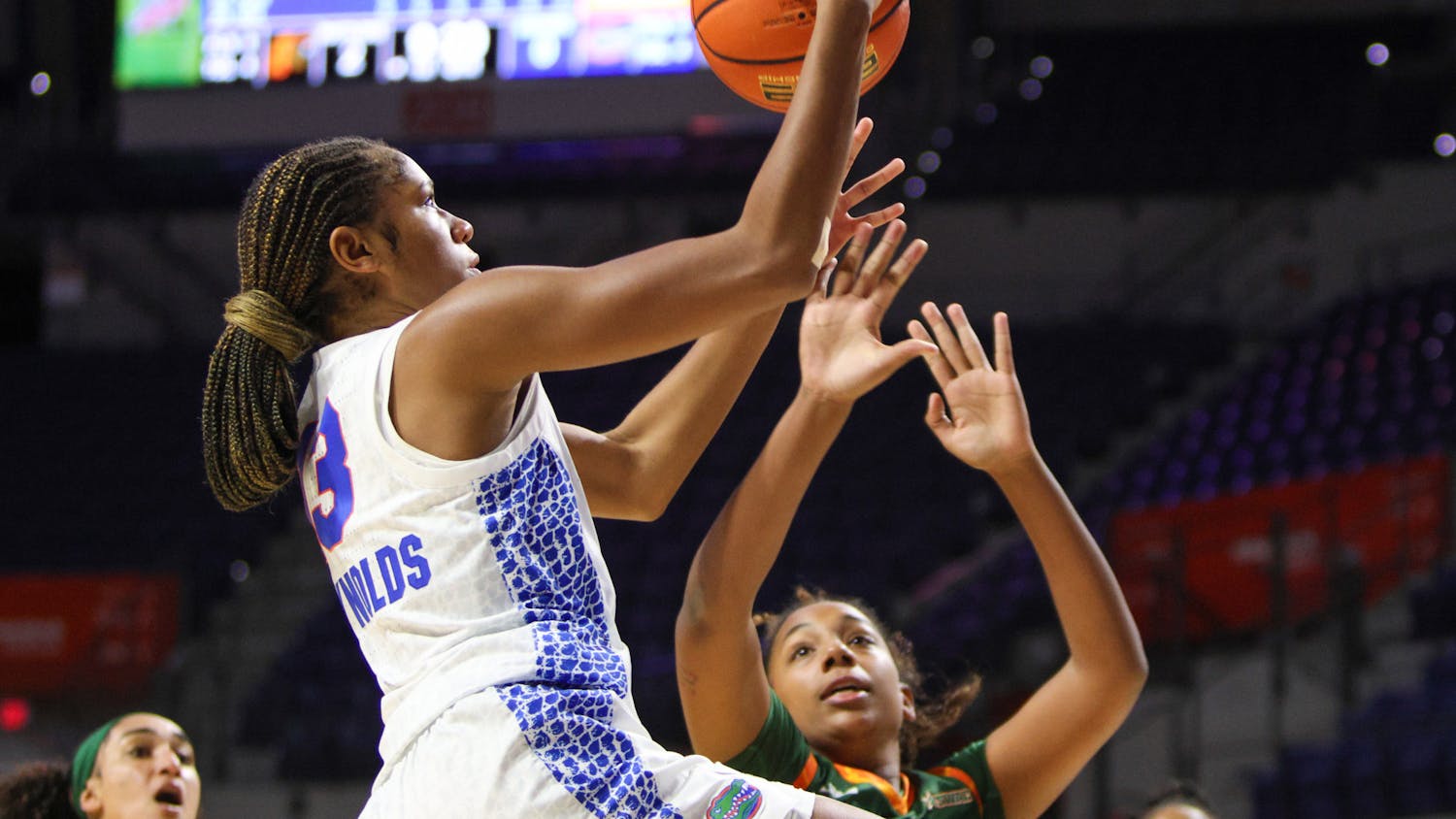Time Magazine has apologized for including “feminist” on its poll of words that should be banned in 2015, and UF students see through it.
In its fourth annual poll of words that should be banned, the writer said the word had become a topic celebrities must take a position on, and people should “stick to the issues and quit throwing this label around like ticker tape at a Susan B. Anthony parade.”
The article, which mentioned other “cringe”-worthy lingo like “bae” and “I can’t even,” was originally published Nov. 12 before being edited less than a week later due to readers’ responses. On Sunday, the poll was withdrawn and a two-sentence apology from the managing editor, Nancy Gibbs, was added the top of the post.
“While we meant to invite debate about some ways the word was used this year, that nuance was lost,” the note read. “We regret that its inclusion has become a distraction from the important debate over equality and justice.”
UF journalism professor Ronald Rodgers said he thinks the writer knew she was going to get controversial feedback when she include the word in the reader’s poll.
“On the one hand, I can understand her problem because sometimes we take a word and then over time, it is redefined, redefined and redefined, depending on whose agenda and how people stand on an issue,” he said.
Rodgers said sometimes a word loses its meaning and leaves behind its dictionary definition after accumulating multiple interpretations of the word.
“At one point they are concrete, and most people understand what you mean by that, and over time — and this happens with many words — the words lose their meaning, because they have so many meanings,” he said.
Tonia Borsellino, 19, said she believes that “feminist” has lost its true meaning.
“I don’t think Time included that word to rub people the wrong way,” the UF telecommunication sophomore said. “I think they included it because today’s society pushes the word ‘feminist’ into a lot of things, some of which aren’t entirely accurate to its meaning.”
She said this doesn’t mean the author was taking a side but rather that she was trying to create awareness about the issue.
Yet, Daniella Gennaro, the conference director of the Women’s Student Association, said the writer’s definition of “feminist” initially frustrated her.
“I think for someone who has an influence — a journalist, a writer — to not take a stance on really representing both sides, well, that’s just not accurate,” the 20-year-old UF women’s studies and finance junior said.
The author’s unbalanced perspective is discouraging to feminists like herself and misleading to others, like her family, who see the word “feminist” riddled with controversy based on incorrect connotations from the media, she said.
“To be perfectly honest, I’m glad that something like this happened because I find myself talking to my male friends about stuff like this when it’s in the news,” she said. “And I think the fact that it creates dialogue is great because I actually get to voice my opinion, and someone can listen to me.”
She said she intends to use this issue as a way to engage in discussion with family and friends who are held captive by society’s popular disgust toward feminism.
“And that’s how we come to solutions in this world about things,” Rodgers said. “By rational, critical debate without calling people names, you just have a nice discussion. This is less about journalism and more about activism.”





